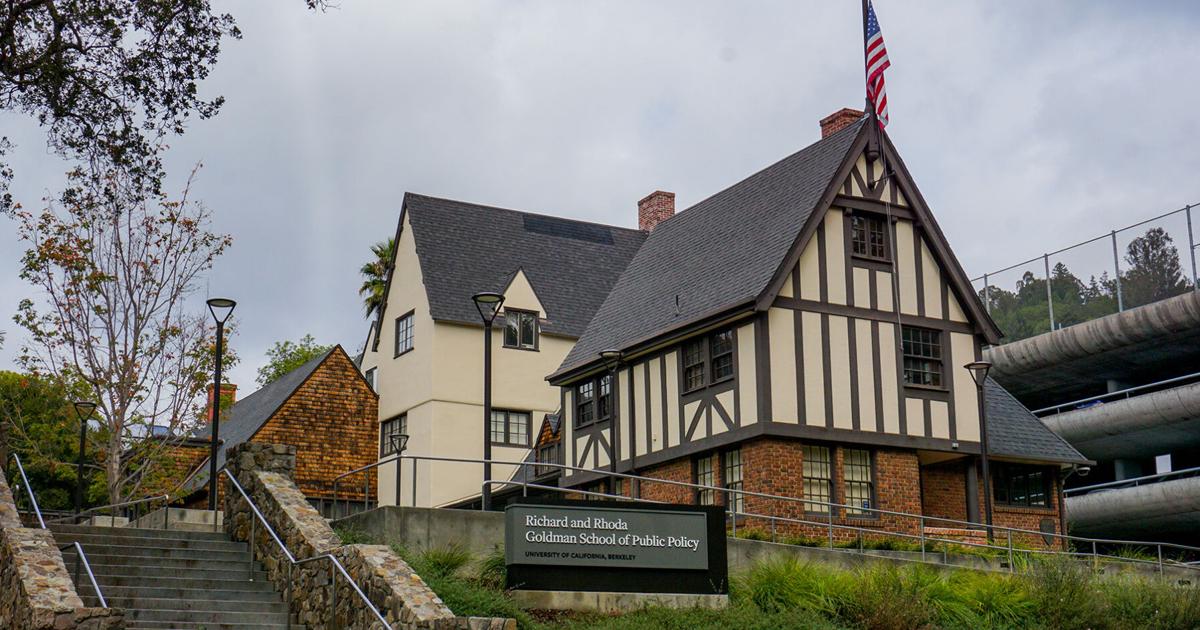The Berkeley Risk and Security Lab, or BRSL, part of the Goldman School of Public Policy, launched the Carnegie Nuclear Security Initiative, or CNSI, on Tuesday. The initiative was funded by a $500,000 grant from the Carnegie Corporation of New York and was established to deal with questions such as which energy technologies the government ought to support and the automation of nuclear weapons.
CNSI will encourage undergraduate research, introduce a unique dual-degree program in nuclear engineering and public policy, and fund courses focused on intersecting international policy and nuclear engineering.
The CNSI will focus on five several core research areas including nuclear modernization, arms control and the future of technology governance, among others.
“(The funding is) going to be used to support the activities of the lab inside of the initiative,” said BRSL founder and campus professor Andrew Reddie. “We’ve got our research efforts across all five of those lines, and then we provide lots of opportunities for student engagement … there’ll be (Undergraduate Research Apprenticeship Program) students inside of this initiative working with our research scholars.”
According to Carnegie’s grant database, the lab was founded to fill the lack of an institution that studies the effect of emerging technologies such as AI on nuclear security “by combining rigorous research, wargaming, and policy engagement” to inform future policies and nuclear security.
The initiative will deal with the question of what energy technologies the government should support to be sufficiently competitive in the global arena, especially in light of China’s significant levels of investment in said technology. According to Reddie, many other technologies used to generate energy are much cheaper than nuclear ones.
Reddie said the initiative will also focus on security-oriented questions regarding the pros, cons and uses of Dead Hand systems, which would allow for the command and control of nuclear weapons through AI tools.
“We already use a whole slew of data analysis and machine learning tools to help us make decisions about intelligence, surveillance, reconnaissance, etc., of what an adversary might be doing,” Reddie said. “And there’s an argument out there from some of my colleagues that you might want to expand the use of AI across the nuclear command and control architecture.”
Currently, campus has degrees in public policy and degrees in nuclear engineering. CNSI is meant to support the joint master’s program between both degree plans.
Reddie will be teaching a class in the spring with Bethany Goldblum, campus professor and executive director of nuclear science and security consortium, with the support of CNSI.
“We’re very excited to be partnering with Carnegie,” Reddie said. “And I think the hope is, as I think is clear in the press release, that this is … the first of many projects in this area that you’ll see out of the lab, and it doesn’t just stop with this one grant.”

